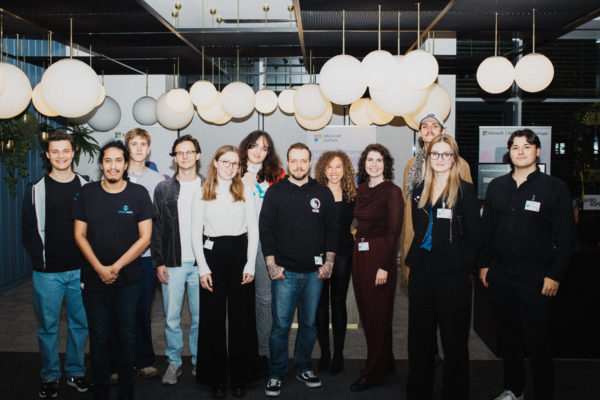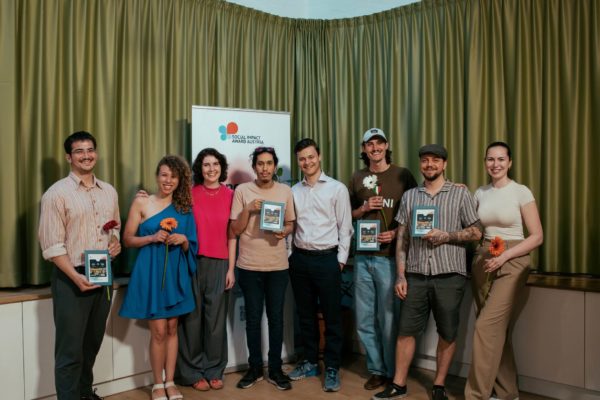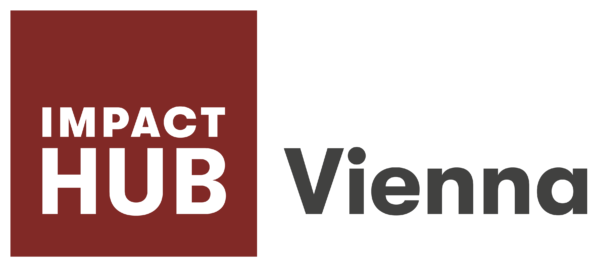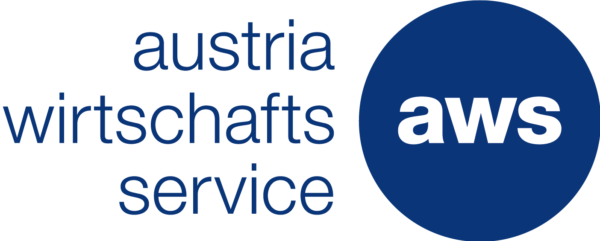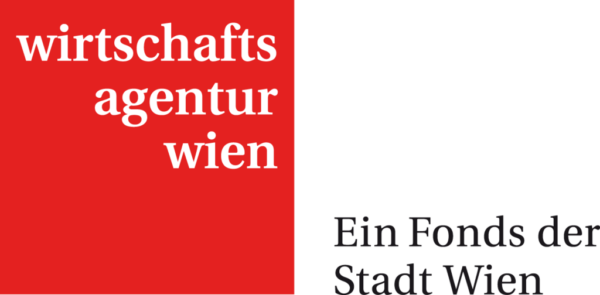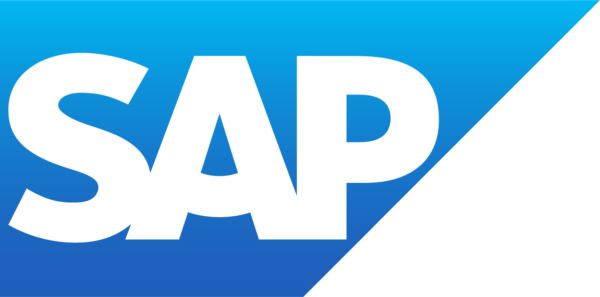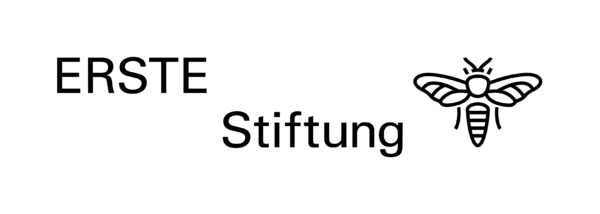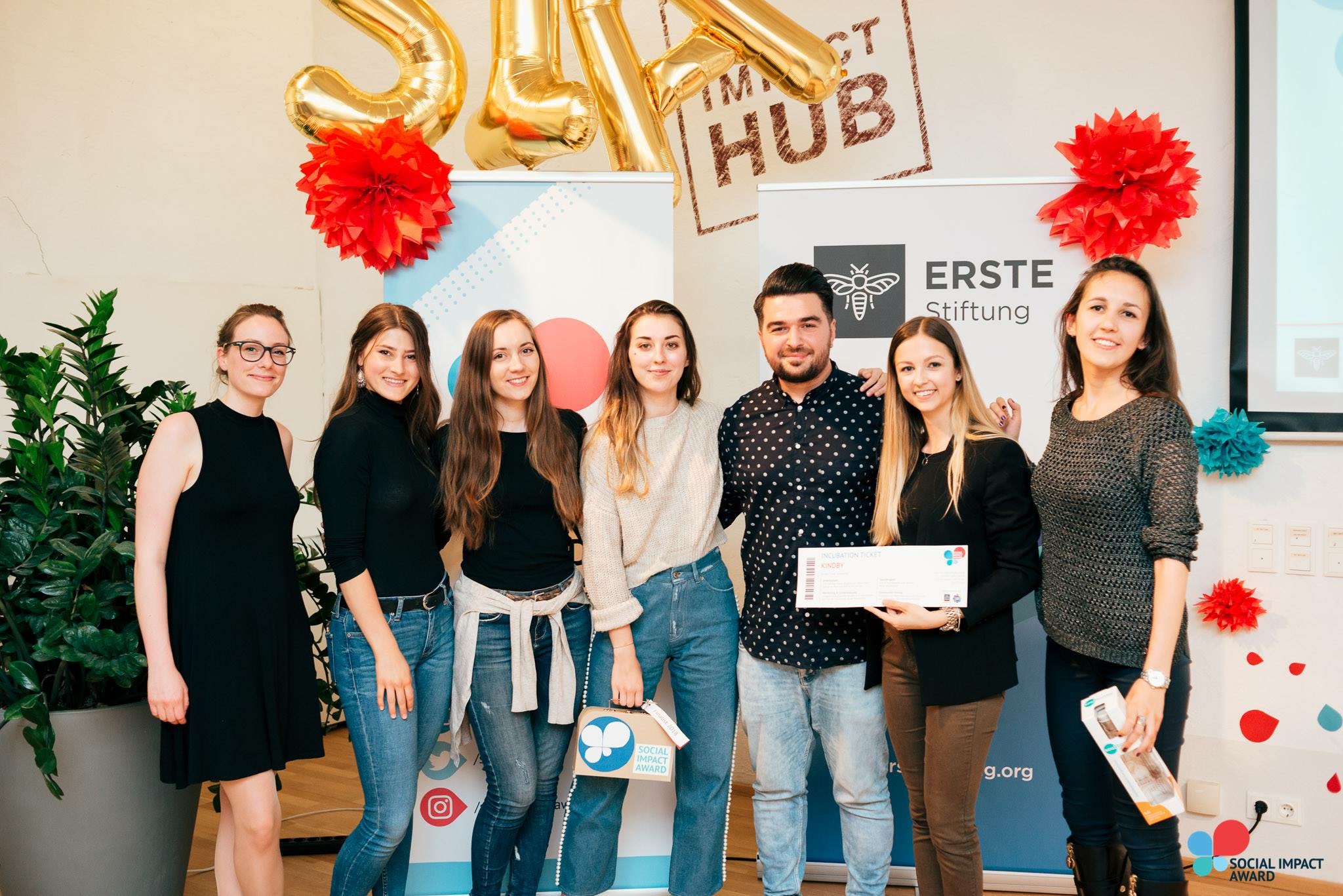
Interview mit kindby (SIA-Finalist 2018)
kindby: Österreichs erster Babykleidungsverleih Since babies quickly outgrow their clothes, parents often resort to cheap baby clothes. Founder Okan and his team at kindby want to stop the purchase and […]
kindby: Österreichs erster Babykleidungsverleih
Since babies quickly outgrow their clothes, parents often resort to cheap baby clothes. Founder Okan and his team at kindby want to stop the purchase and sale of low-grade and unsustainable baby clothing through their platform for leasing clothes. In doing so, they want to have a positive impact on the consumption behaviours of newly arrived parents and teach children about sustainability at the same time. We spoke with Okan McAllister about his project, the circular economy and the Students’ Impact Initiative (SII).
Elisa from This Sustainable Life: What was your motivation? Why did you start your project?
Okan from kindby: The obvious reason here is that we want to combat textile waste and unsustainable production methods. However, we would also like to create a social business that is not just for the people who have a sustainable lifestyle, but for everyone. For this, you need a variety of factors, one of which being a competitive advantage. In this case, we have a price advantage we can offer. Usually, sustainable products demand a price premium which might discourage the part of the population who is not necessarily prioritizing sustainability in their lifestyle. We would like to offer an entry way for this segment of the population by solving real life problems for them.
Elisa: How do you achieve this price advantage?
Okan: Especially for baby clothing the leasing model makes sense, since baby sizes change so frequently in the first two years of life. You will be able to rent the clothes for a few euros per month and are able to return it for free. kindby then checks the quality and washes it and then it goes back to the inventory. The rental model saves parents 60% per year, while providing them with the best quality clothing and accessories available.
Elisa: How often can you resell the clothing and is it organic?
Okan: We are not sure yet, we need to find out together how often it can be rented. We also still need to decide if we use organic or normal certified cotton and find out which one is more sustainable since normal cotton could have a longer durability. Reusing the clothing as often as possible would have the most positive impact. We are working with a consulting company on this to find out which method is better from an environmental perspective. It should also be 100% circular and one of the main problems for recycling is multi-fibre textiles. By ensuring that we have 100% recyclable materials the waste management companies don’t need to downcycle anything, we can mill it down to fibres and can sell it to the reclaimed fibre industry.
Elisa: How often do you rent or share things?
Okan: People share stuff because of an economic incentive, but then there is also stigma (e.g. when wearing used clothes). Unfortunately there are not so many options for 2nd hand clothes for men, so I try to buy high quality (sustainably) and buy less. Because the main problem is that we are buying too much and are throwing away to quickly. Reuse mechanisms like 2nd hand clothes thus don’t address the source of the problem. This is why kindby wants to make it more accessible and easier for people to transition into a more sustainable lifestyle without having to pay more for sustainable products.
Elisa: Sounds good! How did you get the idea for your project? What did you do the moment you came up with the idea?
Okan: Although there are current efforts to make second hand cool, charity shops do not address the core issues of textile waste and production. There are several problems along the way. Recollection rates, sustainable production, clothing or accessories that are not recyclable are some of these issues. We wanted to come up with a way to combat most of these areas in a scalable and financially sustainable way. With this business model we are able to empower existing social businesses, sustainable producers, and teach children about responsible consumption, as parts of the profits of kindby will go towards our existing programs we have teaching middle school and high school children about sustainability (www.missionliftoff.com). The moment I had the idea, I was on my way to a meeting in the subway, I simply wrote it down as with most ideas I have. Not an exciting story there, unfortunately. If I see a problem, I want to do something about it.
Elisa: How did you find a team for the project?
Okan: This initiative is implemented by an organization called Students’ Impact Initiative. We create social businesses, and teach children about societal issues. With SII we create impactful ideas and find people that would like to implement them. We have several different initiatives. We want to show that successful bottom-up initiatives can also provide a best case example in our transition to a circular economy. We recruit from all universities every semester! Anyone can be a part of our team and can check us out at www.siiaustria.com. However, for a startup project it is quite difficult to find the right people, since they should technically commit around 2 years full-time to test it and you also need to ensure that your vision is aligned with them. In this case, it’s helpful to write a manifesto as a team to set the right expectations for each other, so that everyone is on same boat (what do you expect from each other? Where will the company go in 10 years? How much time etc. can you invest? How would you react if an investor wants to buy the company?). Set honest expectations and think about the future realistically.

Elisa: You probably know that there are already some similar social businesses in Germany and Denmark for leasing baby clothes, how do you distinguish yourself from them and do you see them as competitors or partners?
Okan: After I had the idea I did some research online and also found those companies, but I don’t see them as competition. Social businesses should align to become better together. Social entrepreneurs go into markets that are not well known. When they create a market, regular companies come and compete with them. If you are doing it for the impact you want to have and not for the money only, other social businesses aren’t competition, but partners in crime.
Elisa: What is your biggest difficulty in developing your project? What personal qualities help you?
Okan: It is quite difficult to choose your producers with a vision like ours. Responsible producers and suppliers of baby clothing and accessories are more than welcome to get in touch with us at hello@kindby.com. In terms of qualities, we use diversity as our strength. We have people from various backgrounds in our team that provide different perspectives on our projects, which helps us immensely. We do not focus on recruiting people with a business background to our team, but recruit according to mindset. We as SII have an exclusive development program for our members that cover all the relevant areas from project management, business strategy, content marketing, graphic design, all the way down to event management and pitching. This is called the Prime Mover program.
Elisa: What was a funny anecdote from your project life? ![]()
Okan: In one of our first pitches for kindby, the title slide had a very cute baby as a background. On the lower left hand corner, we had our logo and the tagline: high quality at affordable prices. It was only until after our pitch that we realized that people initially thought that we were about to talk about renting out babies…
Elisa: Last but not least, what advice would you give to a potential founder?
Okan: In my opinion, there are two main things a founder has to have regardless of background; emotional intelligence and discipline. It starts off by being extremely self aware and secure, which allows you to know what kind of feedback you should be listening to and then having the discipline to not only work on your lagging areas but also just relentlessly keep going. At the end of the day, there is a huge set of hard and soft skills you will need to be able to move forward, and there will always be people who have various opinions on what will work and what won’t. Being truly self aware of what you’re overlooking, what you are not good at and more will help you accept what needs to be better, and a dose of emotional intelligence will help you understand what kind of feedback you should be listening to and what to not focus on. This is why hard work on its own is nowhere near enough. Be at a level of awareness where you can objectively look at yourself and your idea so that you can make sure to work hard on the right things.
You can find further information about kindby on their homepage, Facebook and Instagram.
Die Interviews mit allen 10 Finalisten werden auf der Website des Social Impact Awards, der Facebookseite des Social Impact Awards, sowie auf dem Blog “This Sustainable Life” von Elisa Gramlich veröffentlicht. Die Interviews dienen dem Community-Voting, für welches man auf der Website des Social Impact Awards bis 25. September 2018 abstimmen kann.

